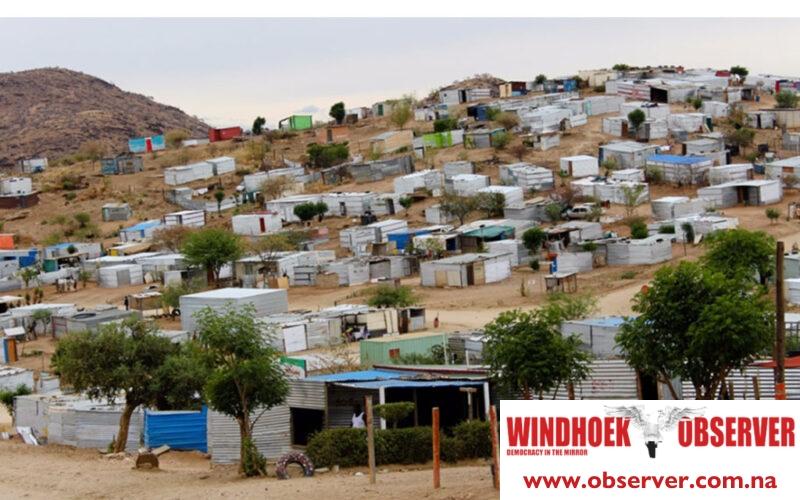Martin Endjala
The German development organisation, Gesellschaft für Internationale Zusammenarbeit (GIZ) has invited local and regional firms and individual consultants to conduct an organisational analysis for the Ministry of Urban and Rural Development and the Namibian Association of Local Authority Officials (NALAO) in an effort to improve the living conditions of residents of informal settlements.
The Inclusive and Sustainable Urban Development (ISUD) project has been commissioned by the German Federal Ministry for Economic Cooperation and Development (BMZ) to assist Namibia in the transformation of informal settlements into liveable neighbourhoods,
“The objective of this consultancy is to improve the institutional capacity of MURD in identified divisions by revising and analysing the organisational structure and capacity and developing recommendations to strengthen these in line with each division’s mandate,” read a notice published in the media last week.
The divisions include planning, technical services, housing, the habitat research development centre, and habitat coordination.
MURD and GIZ will jointly implement the ISUD.
Other collaborating partners include the Ministry of Agriculture, Water, and Land Reform, the Ministry of Works and Transport, selected partner towns and informal settlement neighbourhoods, and NALAO, among others.
According to NALAO president, Moses Matyayi, the organisation believes in the transformative power of cities and towns for the common good of all Namibians.
“The ultimate aim that would benefit all Namibians is the transformation of informal settlements into integrated liveable neighbourhoods, which goes beyond the legalisation of informal settlements and the improvement of housing conditions,” he said.
He added that a comprehensive participatory approach informs the local population, involves them in the decision-making process, and encourages active participation in the implementation of initial projects.
The project’s focus is to assist Lüderitz and Aus in steering urban development effectively and sustainably in the context of significant economic developments in the area.
Economic development, among other factors, drives the potential impacts of population growth, prompting the partners to identify and develop the necessary settlement areas for population growth while also providing areas with social infrastructure, educational facilities, trade, and commerce.
“We are very excited about this project and the promise it holds for our shared vision of sustainable urban transformation undergirded by the 2030 Agenda for Sustainable Development Goals, in particular SDG 11, which is dedicated to making cities inclusive, safe, resilient, and sustainable, the New Urban Agenda, the Paris Agreement on Climate Mitigation, and Africa’s Agenda 2063,” said Matyayi.
According to the notice, the ISUD project follows an interdisciplinary and integrated multi-level approach, working in four output areas.
One area aims to improve the national framework conditions for the transformation of informal settlements into livable neighbourhoods.
The project also seeks to support the implementation of integrated participatory town and neighbourhood planning approaches in partner towns, develop measures in partner neighbourhoods, and share experiences from the neighbourhood transformation collaboration with these towns.
The output focus areas will enhance the urban development policy framework and strengthen MURD’s organisational and individual capacity.
Additionally, the project seeks to assist local authorities in sharing experiences and lessons learnt on transforming informal settlements.
MURD’s executive director, Daniel Nghidinua, withheld comment and referred this publication to GIZ, the tender initiator and said that it is an initiative funded by the German government, with GIZ as the implementing agency.




